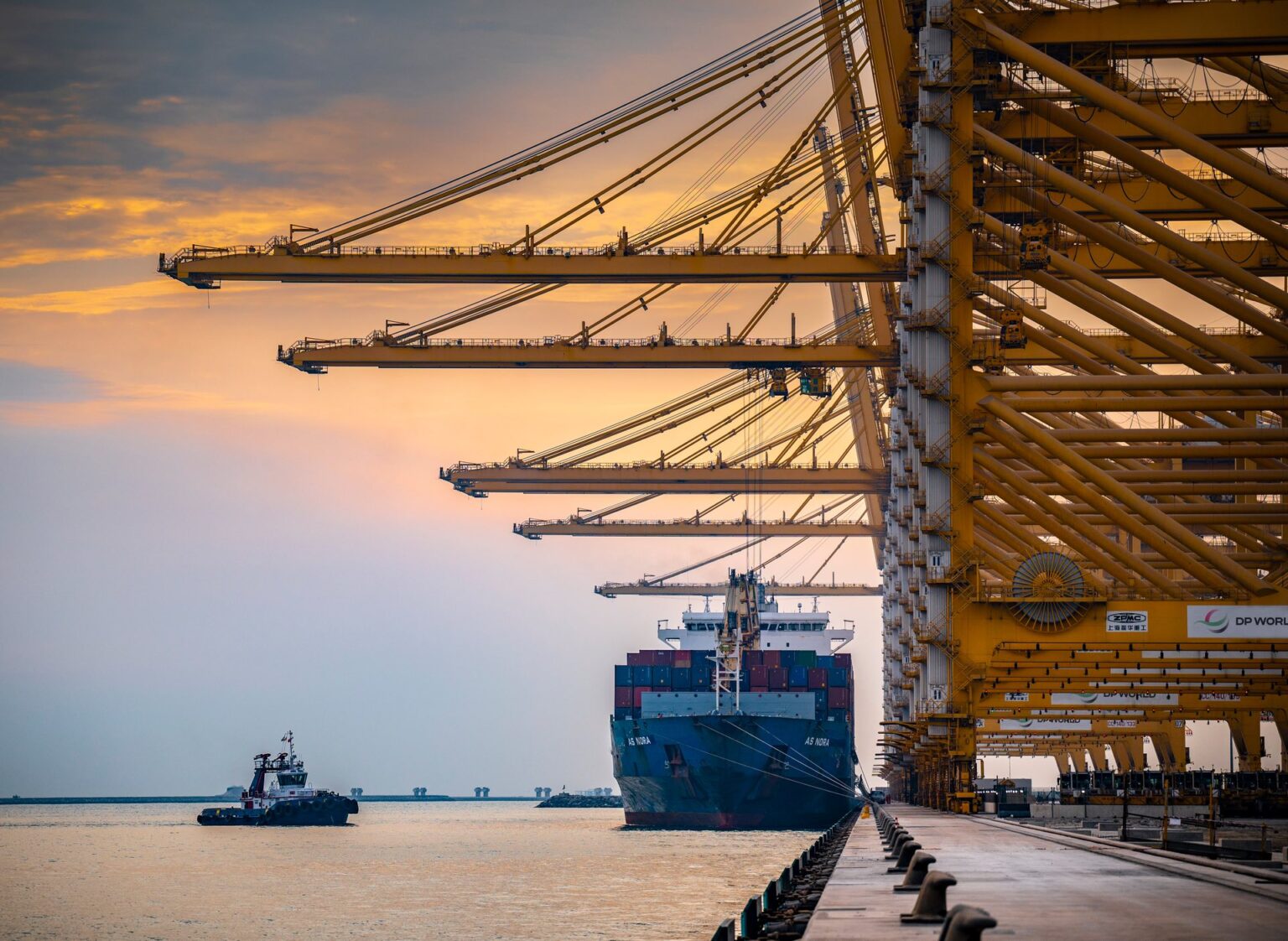DP World has launched a new strategic route linking Jebel Ali and Berbera, according to a brief notice published by Maritimafrica. The announcement highlights a targeted expansion of network options, signaling an effort to align services with shifting trade patterns and logistics requirements. While the communication is concise, it marks a notable step in service configuration that places these two ports on a shared lane within the company’s broader portfolio.
The introduction of the Jebel Ali–Berbera connection suggests an emphasis on flexibility for shippers seeking alternative pathways to manage risk and timing. In an industry where predictability and optionality drive planning decisions, adding a service labeled as strategic can help diversify routing choices and reduce exposure to chokepoints. Market participants will likely assess how this lane complements existing offerings and whether it facilitates smoother planning across booking cycles and cargo handovers.
Strategic route linking Jebel Ali and Berbera
From an operational standpoint, a newly announced route can influence transshipment decisions, inventory positioning, and downstream distribution models. Even absent detailed parameters, the existence of a defined link may allow forwarders and cargo owners to reassess routing assumptions, particularly for time-sensitive consignments. The practical value will hinge on how the service interfaces with inland connections, terminal workflows, and coordination between origin, intermediate handling, and final delivery.
The development also speaks to broader supply chain dynamics. Over recent years, logistics strategies have moved toward redundancy and resilience, with companies prioritizing multiple pathways over single-lane dependencies. A route presented as strategic can function as a planning lever, offering an additional option for cargo staging and load balancing. If timetable alignment and berth windows are optimized, stakeholders could see improvements in reliability metrics and schedule adherence, though those outcomes will depend on execution.
Key operational details—such as frequency, transit expectations, vessel allocation, and cargo acceptance parameters—were not specified in the brief notice. Clarity on those elements will be central to uptake. Shippers typically evaluate new services on predictability, dwell times, and documentation processes alongside cost. In that context, visibility into booking windows, equipment availability, and cut-off times would determine how quickly the market integrates the new option into standard routings.
For ports and terminal operators, a route announcement is both a commercial and an operational signal. It can prompt adjustments in yard planning, gate flows, and labor allocation, as well as the calibration of value-added services such as cross-docking or consolidation. If the service catalyzes incremental volumes, terminal productivity programs and digital coordination layers may be deployed to maintain fluidity. The extent of these adjustments will depend on the cadence of calls and the consistency of box flows.
Stakeholders will also consider the implications for risk management. Additional routing choices can support continuity during disruptions by providing alternative liftings and rebooking avenues. In periods of volatility, even modest increments in network optionality can materially affect throughput. Accordingly, the market will watch for operational clarity as DP World shares more information, including how the lane meshes with upstream carrier schedules and downstream connections.
The announcement was referenced by Maritimafrica, and no further specifics were outlined in that citation. As more detail emerges from official channels, shippers and forwarders will look for confirmations on service design, documentation requirements, and any complementary offerings that enhance end-to-end predictability. Until then, the launch of the Jebel Ali–Berbera route stands as a clear statement of intent to broaden routing choices and adjust to evolving logistics needs.





